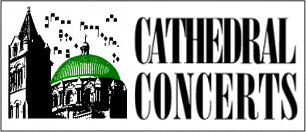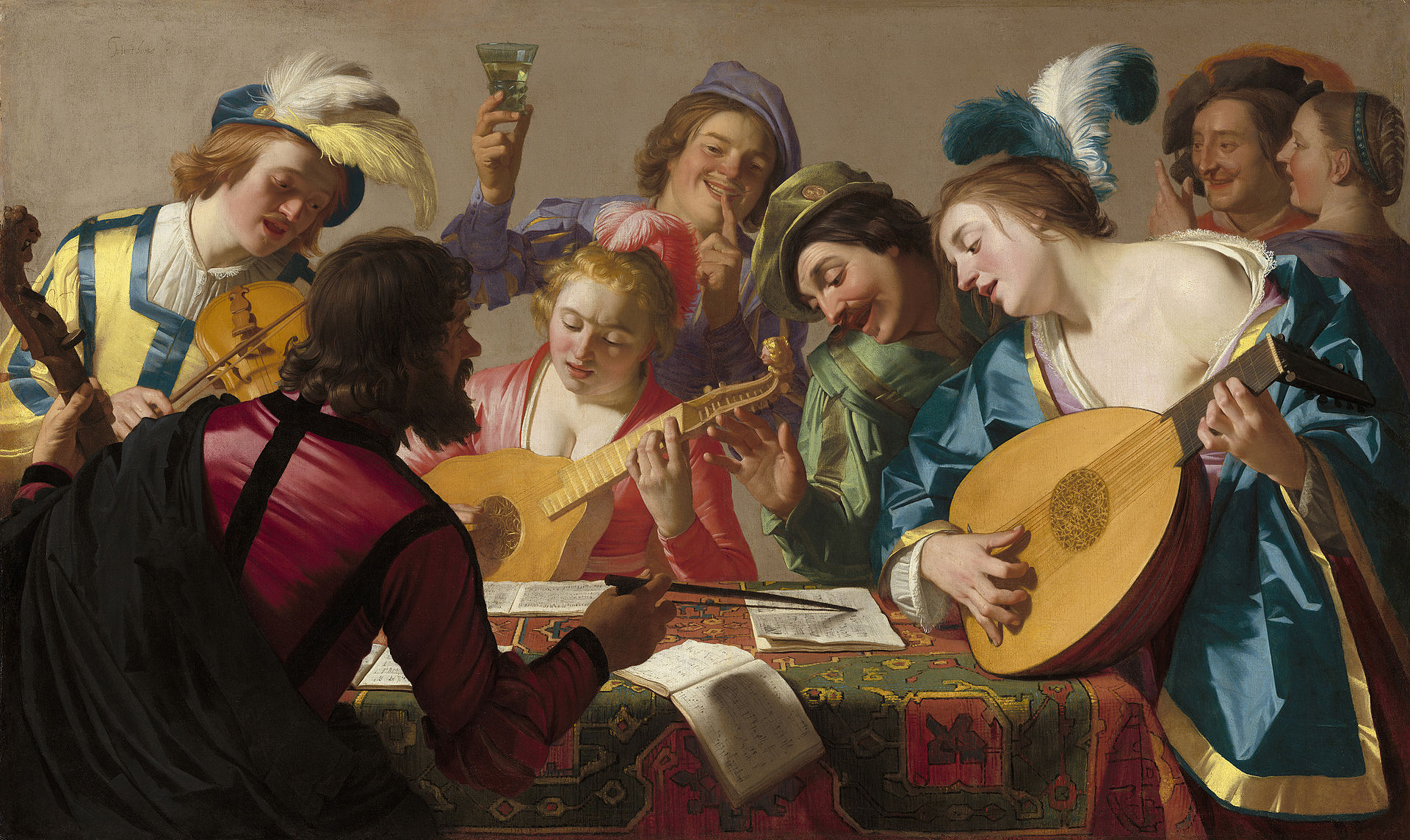Thursdays, March 12 – April 16, 2015
There will be NO CLASS on Thursday, April 2 in recognition of Holy Thursday.
Complete Seminar Registration (all 5 sessions): $175
Single Seminar Sessions: $40 – Call 314-533-7662 to register for single sessions
Get 20% off your total purchase when you buy tickets to both the Pomerium and Blue Heron concerts AND register for the COMPLETE Sacred Music Seminar – You must call 314-533-7662 to take advantage of this offer. This offer cannot be used in combination with other discounts.
Join us as we explore one of the richest periods of musical history, producing some of the most beautiful music of all time. These classes coincide with the Pomerium and Blue Heron concerts and are meant to enhance the listening experience by giving background information about the period from which the music featured in each concert comes.
Classes are Thursdays from 10:30 AM – 12 noon in the St. Cecilia Chapel in the Cathedral Basilica of St. Louis. Lunch follows each class for students and teachers to continue the dialogue.
Scheduled presenters include area musical experts including:
March 12
Dr. Craig Monson, Paul Tietjens Emeritus Professor of Music, Washington University
“They sing with Herodias in Herod’s Palace”: The Perilous Allure of Convent Singing
In early modern descriptions of music in female monasteries, sirens seem to rub shoulders with angels. Their detractors’ language often presented nuns’ singing as dangerously “enchanting,” especially perilous for hormonally rather than harmonically driven male auditors. Giovanni Pietro Barco even claimed that the veiled performances of invisible convent singers recalled Herodias’ singing, which led men to the horrific act of male decapitation. When familiar, worldly Monteverdi madrigals were reconfigured as motets and dedicated to nun musicians (examples appear on the concert by Pomerium Musices), how did performers and audiences “hear” such works? We shall consider how female monastics negotiated and defined convent performance spaces and confronted such anxieties about the intimate relation of the voice and the female body, visible or invisible.
March 19
Dr. Jeffrey Kurtzman, Professor, Musicology, Washington University
Music and the Catholic Reform Movement of the Sixteenth Century and Beyond
The Catholic Reform movement of the sixteenth century problematized the role and character of music in the Church, leading to dichotomous points of view rooted in St. Augustine and St. Thomas Aquinas. The Council of Trent (1545-1563), in trying to resolve that dichotomy, unintentionally set the stage for another dialectic arising out of the demand for a dignified, decorous sacred music devoid of the frivolous and extravagant, while at the same time emphatically insisting on the role of preaching in the Church and the care of souls. But to reach those souls required attracting them into the Church to hear the preaching, the liturgical texts and the ministrations of the clergy. Music increasingly joined with painting, sculpture and architecture to attract the populace through the sheer aesthetic power of their messages. As a consequence, many of the issues debated before and during the Council of Trent persisted and even increased throughout the second half of the sixteenth century and beyond.
March 26
Dr. Horst Buchholz, DMus, Director of Sacred Music, Cathedral Basilica and Archdiocese of St. Louis
The Mass and Motet of the Renaissance period
The humanist ideal of the Renaissance had a significant effect on the creation of music: in addition to its function of giving glory to God, music as a means of lifting the human spirit, and conveying the sacred texts intelligibly and expressively became an important consideration for the composer. This survey lecture shall trace the development of Mass and Motet through the Renaissance period with musical examples by the great composers. It will begin with the earlier “Franco–Flemish” school of the Netherlands and lead to the later “Roman” school of Palestrina and Victoria.
April 9
Phillip Barnes, Conductor of the St. Louis Chamber Chorus
Portuguese Polyphony – an overlooked Renaissance?
April 16
Scott Metcalfe, Music Director of Blue Heron, one of North America’s leading specialists in music from the fifteenth through seventeenth centuries
The Peterhouse partbooks: the so-called Henrician set of partbooks now residing at Peterhouse, Cambridge. The partbooks, originally five in number, contain a large collection of Masses, Magnificats, and votive antiphons. They were copied in the latter years of the reign of Henry VIII at Magdalen College, Oxford, by the professional singer and music scribe Thomas Bull, just before Bull left Oxford to take up a new position at Canterbury Cathedral.
Complete Seminar Registration (all 5 sessions): $175
Single Seminar Sessions: $40 – Call 314-533-7662 to register for single sessions


